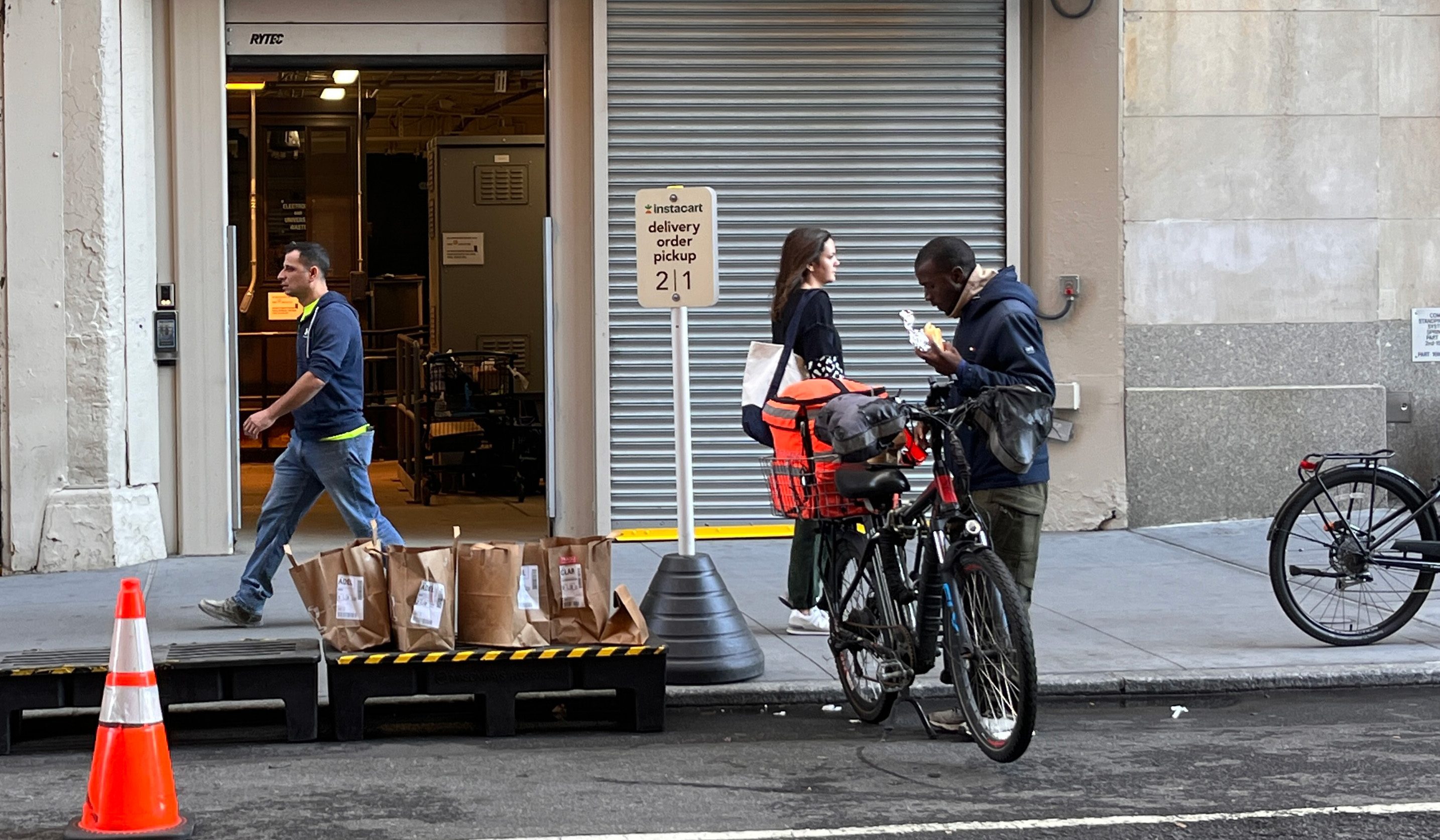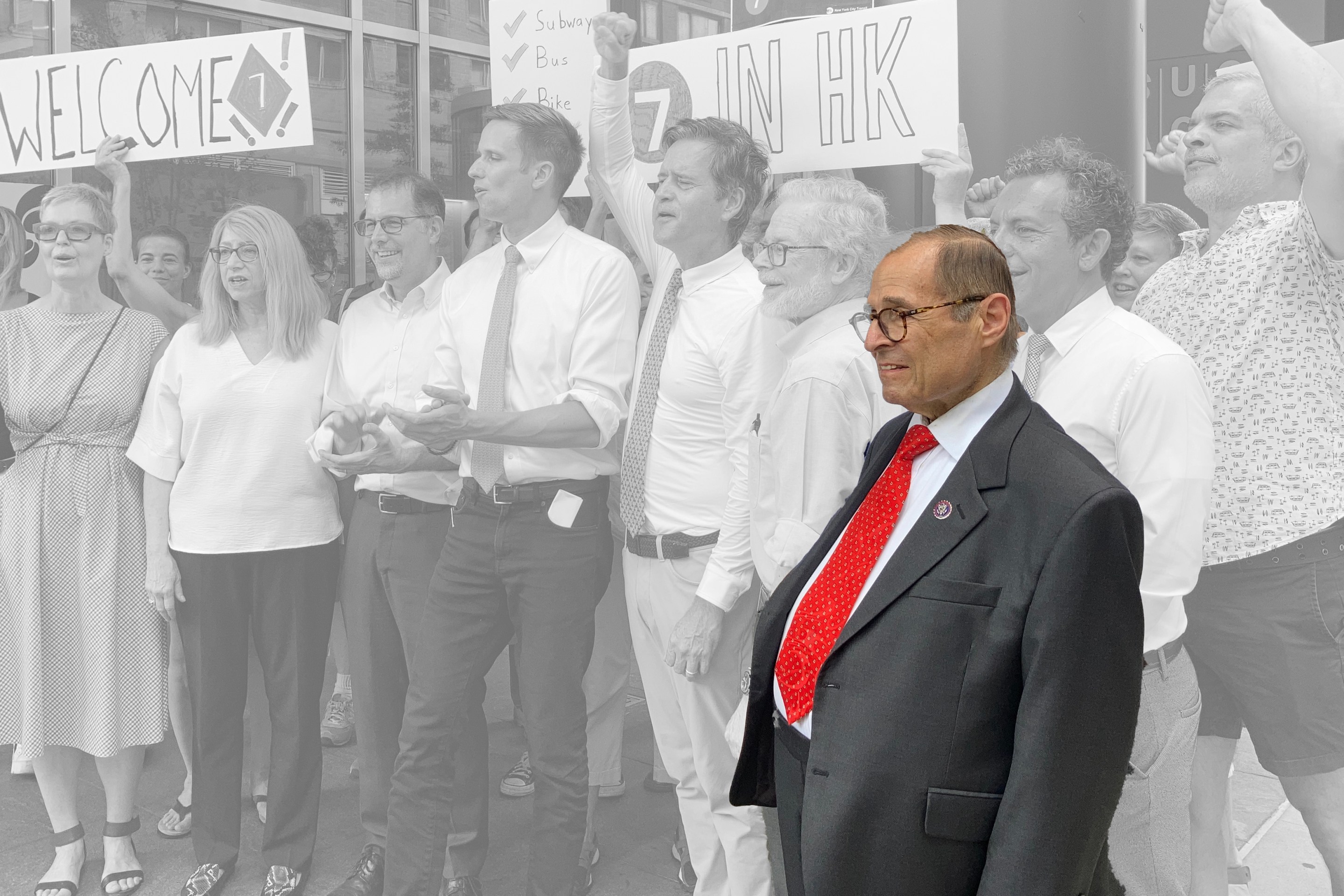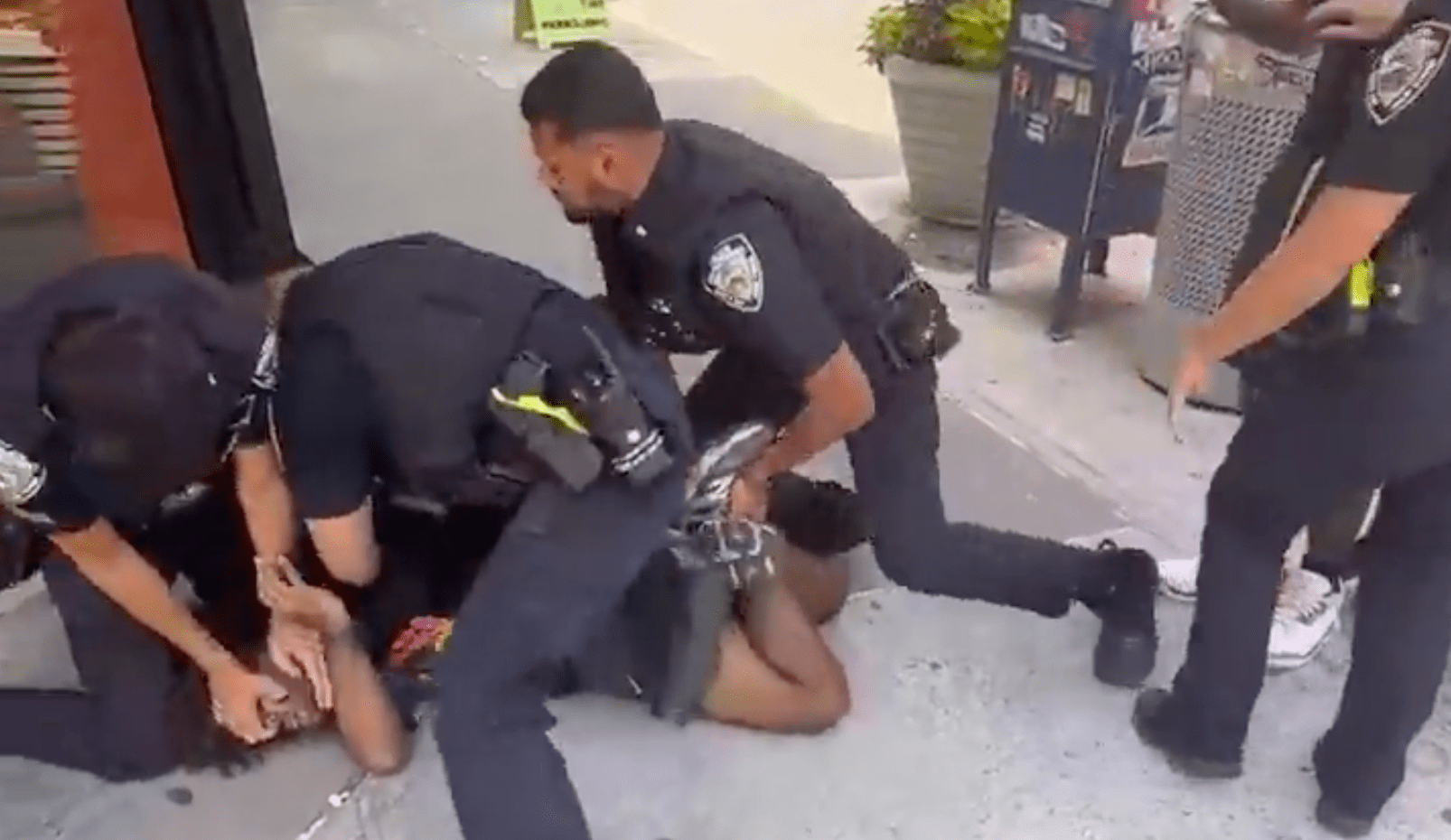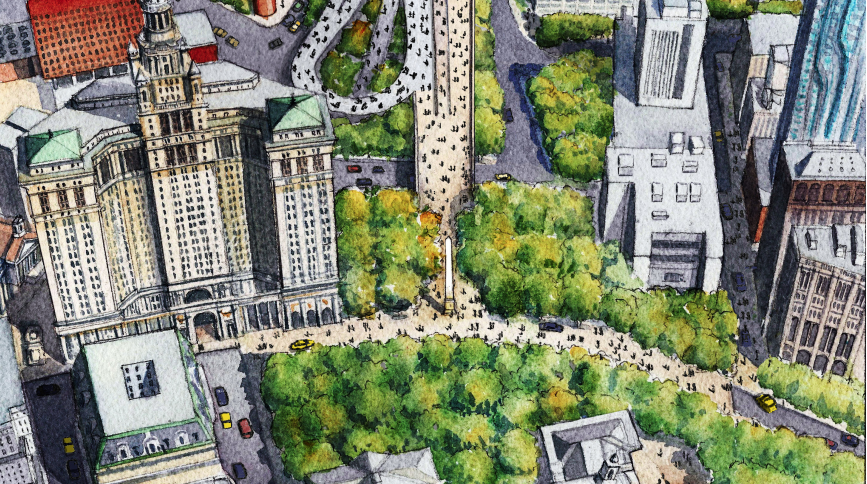As today's post from Seattle Transit Blog acknowledges, criticizing the place where someone lives is one of the surest ways to create division and contention when discussing planning issues:
Photo by yuan2003 via Flickr.
If I criticize a portion of Bellevue’s cul-de-sac development, a commenter is just as likely to deride my urban elitism as seriously analyze the serious consequences of that development.
But development is not done in a vacuum. The policies that favor highway expansion over transit expansion indeed favor sprawl. The lack of strong building codes in expanding suburbs leads to cul-de-sacs or strip-malls that block shared access with egregious shrubbery and ditches. We all know what it’s like to have to get in your car to go to the Baskin Robbins in the next strip mall over. Is this an example of freedom? Not socio-economically, for certain. Not if you prefer to walk than drive. And certainly this lack of oversight is not the best choice for the planet.
But the problem isn’t the suburbs themselves. It’s not even the suburbanites that occupy those houses and drive everywhere. The problem is the government policies that historically let developers do nearly anything with cheap land. It has been a failure at the federal, state, regional, and local levels that we cannot mindlessly blame on suburbanites themselves. Indeed, suburbs are a natural part of the metropolitan framework.
Auto-dependency is not: therefore it is a product of poor governmental policies which are a form of social engineering that have accelerated climate change and have led to things like suffering through congestion
as a requirement to get to work....[W]e want our suburban readers to know: You are not the enemy.
What do you think? Has the national mood shifted sufficiently that we can have civil, productive discussions on this topic without hurt feelings getting in the way on either side, urban or suburban? Can we get past the stereotypes and start implementing policies that will reduce auto-dependence in suburbia? Or does it all get too personal too quickly?
In other contentious and not-so-contentious matters around the network, DC Bicycle Transportation Examiner advises GM to keep its P.U.M.A. out of the bike lane; Austin Contrarian crunches some numbers on "job sprawl"; and Discovering Urbanism looks to Charleston and Savannah for urban policy innovations.





